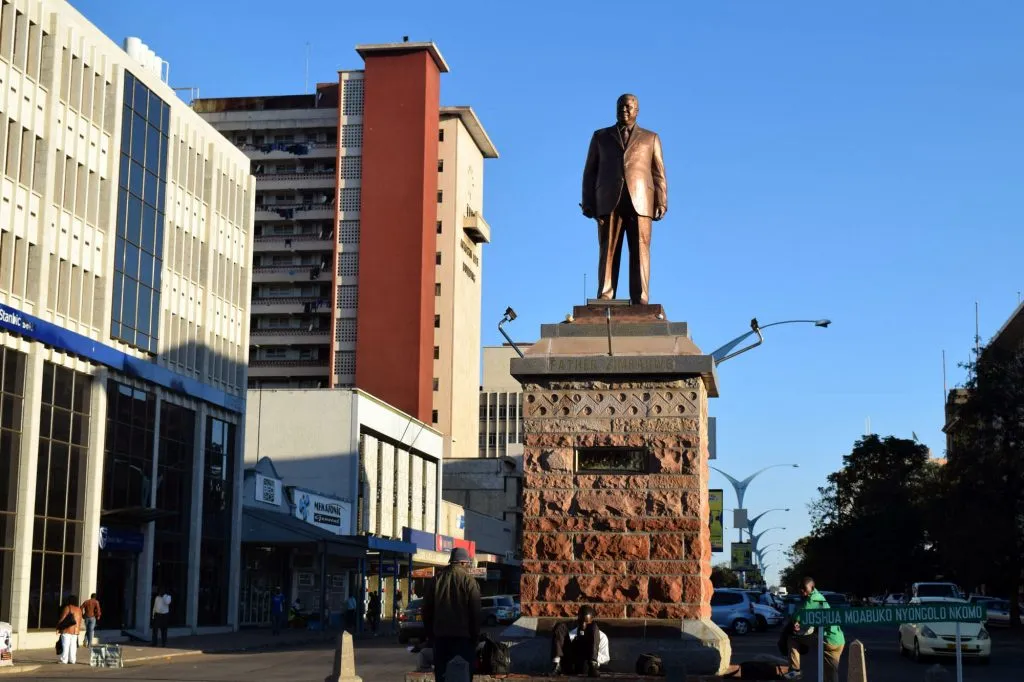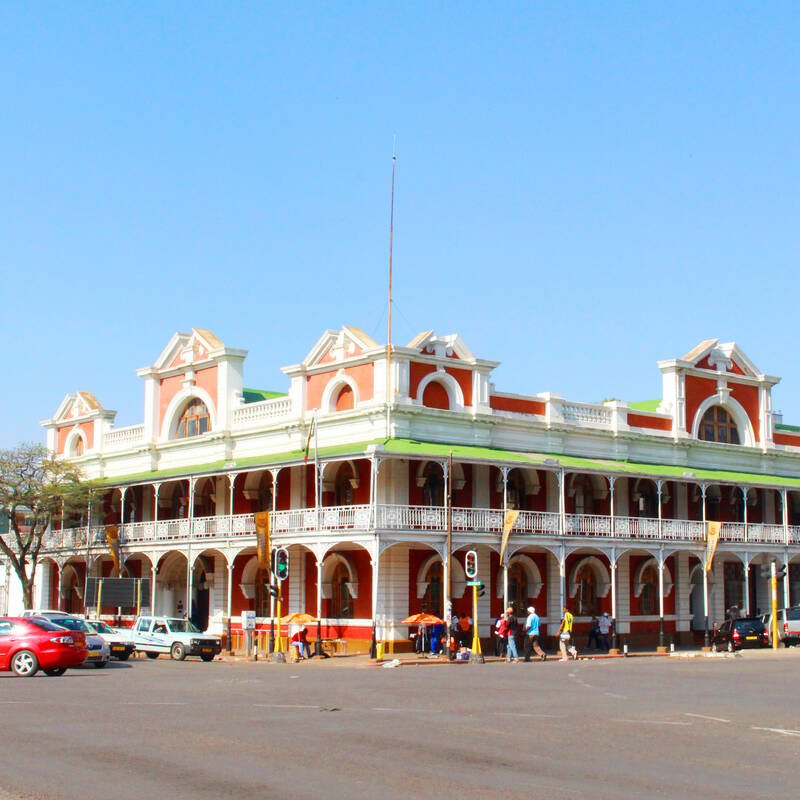Breaking the Bias: The Struggle of Bulawayo Artists for Recognition in Zimbabwe's Music Industry
Bulawayo, the cultural capital of Zimbabwe, has long been a hub for aspiring
musicians, boasting an eclectic mix of genres that reflect the city's diversity and
artistry. But despite their talent and hard work, many local artists in Bulawayo feel
their music doesn't receive the recognition it deserves. Frustrated by what they see
as a bias towards their counterparts in the capital city of Harare, Bulawayo artists
are calling for a fairer deal. In this report, we delve into the current state of affairs
in the Bulawayo music industry, exploring the struggles artists face when trying to
break into the mainstream, and the urgent need for increased support and
recognition for this vibrant community of talented musicians. As the Zimbabwe
Music Rights Association (ZIMURA) continues to fight for the rights of musicians,
the need for increased support and recognition for Bulawayo artists has become
more urgent than ever.
Bulawayo artists in Zimbabwe face an array of challenges, from a lack of
recognition and support in the music industry to a biased preference for their
counterparts in the capital city of Harare. Additionally, upcoming artists are
struggling to find gigs, airplay, TV and radio ads that use their music, and brand
ambassador opportunities. Moreover, the ZIMURA provides a platform to advocate
for fair payment and compensation for their hard work in the music industry
ZIMURA, also known as the Zimbabwe Music Rights Association , is a collective
rights management organization based in Zimbabwe. Its primary function is to
protect and manage the rights of musicians and composers in Zimbabwe and
ensure that they are fairly compensated for the use of their music. ZIMURA also
provides education and awareness programs to help musicians understand their
rights and navigate the complex world of music copyright law. In addition, ZIMURA
works to promote the development of the music industry in Zimbabwe by
advocating for better policies and regulations that support artists and composers.
Zimbabwean artists are paid royalties by ZIMURA when their music is played on the
radio or other music platforms . The amount of royalties received by the artist is
determined by the amount of airplay their music receives, and ZIMURA is
responsible for tracking this usage and distributing payments accordingly. It is
important for artists to register with ZIMURA in order to receive their royalties.
As of latest, ZIMURA (Zimbabwe Music Rights Association) is an independent
organisation and does not receive direct funding from the Zimbabwean
government. However, the organization is recognized by the government and
operates under the Copyright and Neighboring Rights Act, which provides a legal
framework for the protection of intellectual property rights, including music.
Additionally, the government may indirectly support the organization through
policies and regulations that promote the development of the music industry in
Zimbabwe
ZIMURA generates revenue from various sources , including royalties collected
from radio and television broadcasters, live performances, and from music
distribution platforms. The organization also charges licensing fees to certain
businesses and organizations that use music in their commercial activities. These
fees are then used to pay the artists and composers whose music has been used.
Additionally, ZIMURA may receive funding or support from other organizations and
individual donors who believe in their mission to support the development of the
music industry in Zimbabwe.
The Copyright and Neighboring Rights Act of Zimbabwe provides a legal
framework for the protection of intellectual property rights, including music. Under
this act, artists and composers in Zimbabwe have the exclusive right to control the
reproduction, distribution, and public performance of their music. The act also
establishes the Zimbabwe Music Rights Association (ZIMURA) as the collective
management organization responsible for protecting the rights of musicians and
ensuring that they are fairly compensated for the use of their music. Overall, the
act is designed to promote the development of the music industry in Zimbabwe
and provide greater protection and compensation for artists and composers.
There are several ways that artists from marginalized places like Bulawayo,
Zimbabwe can gain brand recognition, gigs, airplay, and TV play. One way is to use
social media platforms to promote their music and connect with fans and potential
bookers. Artists can also collaborate with other artists and participate in music
festivals and events to expand their network and gain exposure. Additionally,
working with a reputable manager or booking agent who has connections in the
music industry can help artists secure more gigs and increase their visibility.
Furthermore, partnering with community organizations and local businesses can
also provide opportunities for performances and exposure. Finally, registering with
collective rights management organizations like ZIMURA can ensure that artists are
properly compensated for their work and receive royalties from the use of their
music.
I do not have access to the latest information on recognized booking agents for
artists, modeling, or acting in Zimbabwe. However, artists and performers can use
online resources, such as professional associations, industry publications, and
social media platforms to connect with potential managers and agents.
Additionally, attending music festivals and industry events can provide networking
opportunities and help artists and performers make valuable connections in the
industry.
~@calvinteddy Twitter





Post a Comment